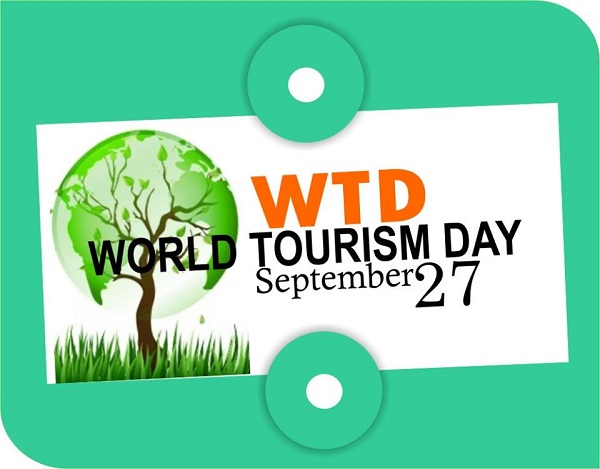The World Tourism Day celebration was started by the United Nations World Tourism Organization in the 1980 which is celebrated every year on September 27. According to United Nation’s specialised agency, UNWTO, this year’s World Tourism Day will focus on ‘sustainable tourism – a tool for development’.
Ahead of this year’s event, the group released a manual on tourist etiquette called Travel. Enjoy. Respect, as part of a global public awareness campaign reminding tourists on the dos and don’ts of responsible travel. Last year alone, 1.24 billon travellers crossed international borders, a figure that’s predicted to spike to 1.8 billion by 2030.
The reminder comes following a particularly turbulent year for international tourism. Across Europe this summer, a wave of anti-tourism marches were staged to protest unchecked visitor numbers and disrespectful tourists. Visitors to Barcelona were being greeted with messages like “Tourists go home” and “Stop destroying our lives” pasted onto lamp posts and scribbled on walls.
In a bid to curb acts of vandalism and restore civility, Italian cities like Rome, Turin and Milan have resorted to imposing bans on everything from outdoor drinking after nightfall, food trucks and street hawkers to eating and drinking near historic fountains (it would be a good idea to adopt some of these practices in San Miguel).
And Florence issued a thinly veiled warning to visitors in a tourism campaign dubbed #EnjoyRespectFirenze, reminding tourists that any display of uncivil behaviour will be met with hefty fines.
“The question, as we celebrate World Tourism Day 2017, is how we can enable this powerful global transformative force, these 1.8 billion opportunities, to contribute to make this world a better place and to advance sustainable development in all its 5 pillars,” said UNWTO’s secretary-general Taleb Rifai in a statement.
The five pillars include economy, society, environment, culture and peace.
Meanwhile, under the Protect our planet category, the UN’s tourist handbook offers these simple codes of conduct:
* Reduce your environmental impact by being a guardian of natural resources, especially forests and wetlands.
* Respect wildlife and their natural habitats.
* Purchase products that aren’t made using endangered plants or animals.
* In protected areas, access only the places open to visitors.
* Reduce your water and energy consumption whenever possible.
* Leave only a minimum footprint and a good impression behind.
Source: http://wtd.unwto.org/


